
Partners
This project is managed by the University of Tartu (Estonia) in close cooperation with closely searched partners from Poland (SGH Warsaw School of Economics), the Czech Republic (University of Hradec Králové), and Hungary (Central European University). Specialists working for this project have various political science backgrounds, study of terrorism, religious studies, pedagogy, and social work.
University of Tartu
University of Tartu (UT), founded in 1632, is the oldest and largest university in Estonia both in terms of numbers of staff and students, and the volume of its teaching, research, and development activities. The University of Tartu has set one of its internationalisation goals “Graduates who change the world,” to enhance the competitiveness of its members and prepare students for work and communication in a multicultural environment. In this project, the University of Tartu is the lead partner.
From the UT side, individuals contributing to the project are:

Heidi Maiberg (project manager)
I am a PhD student at Royal Holloway University of London and head of communication of University of Tartu Asia Centre. In my research, I focus on assessing the impact of measures used in deradicalisation and disengagement processes.
Tools responsible for IO2 MOOC on Radicalisation, IO2 MOOC on Gender
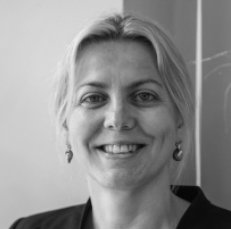
Elo Süld
In my research, I focus on the diversity of Islam. At the University of Tartu, I teach topics related to Islam: its variety, history, and impact on international relations, and the head of the University of Tartu Asia Centre.
Tools responsible for IO2 MOOC on Islam, IO2 MOOC on Gender
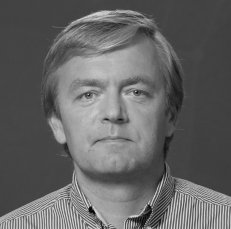
Alar Kilp

Olga Schihalejev
SGH Warsaw School of Economics
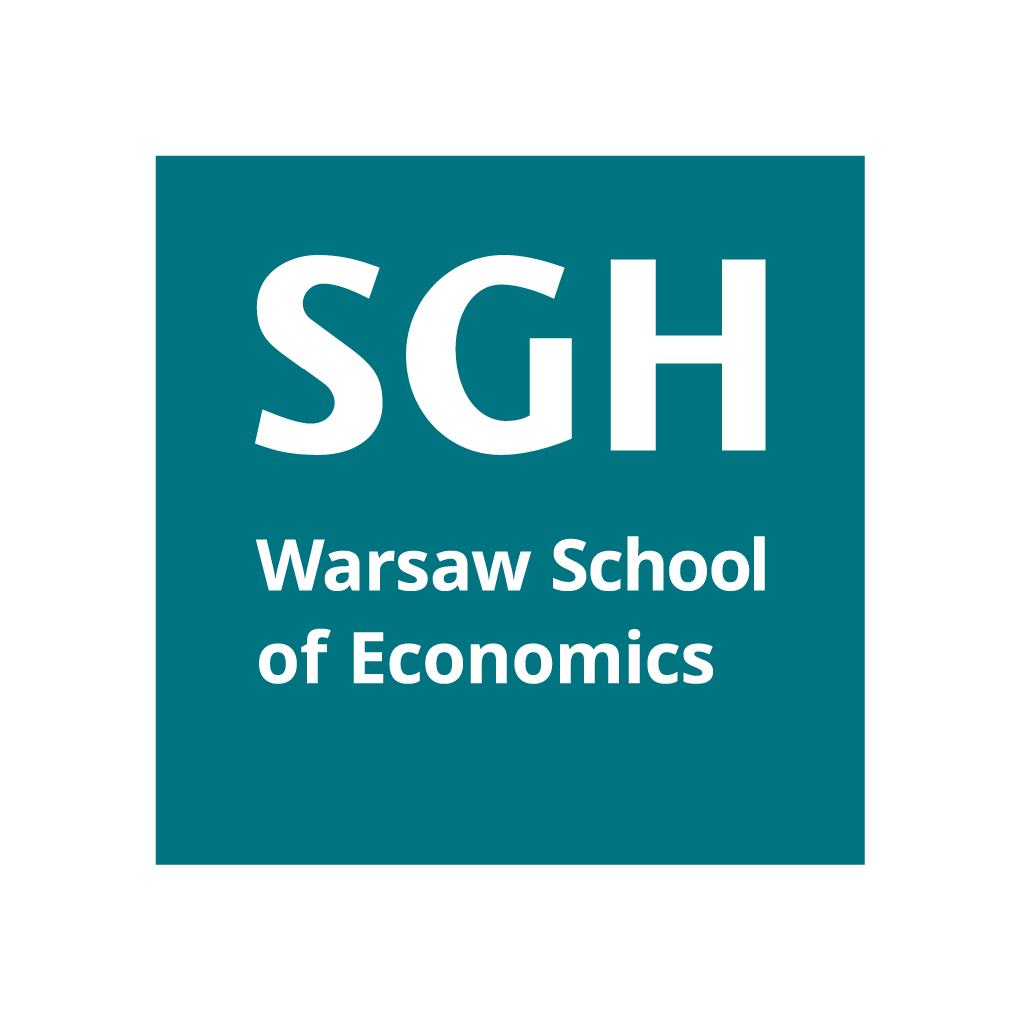 SGH Warsaw School of Economics (SGH) is the oldest University of economics in Poland and one of the leading universities of economics in Europe. SGH Warsaw School of Economics is an economic university, but it has also developed a significant position in political studies and international economics and politics. Recently, it has established a Diversity Center –an interdisciplinary center that will gather and provide expertise on how to teach more and more diverse international student populations.
SGH Warsaw School of Economics (SGH) is the oldest University of economics in Poland and one of the leading universities of economics in Europe. SGH Warsaw School of Economics is an economic university, but it has also developed a significant position in political studies and international economics and politics. Recently, it has established a Diversity Center –an interdisciplinary center that will gather and provide expertise on how to teach more and more diverse international student populations.
From SGH specialists working on this project are:
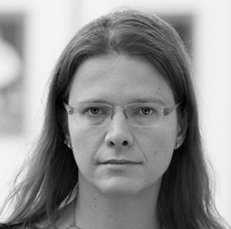
Katarzyna Górak-Sosnowska
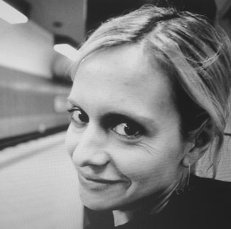
Urszula Markowska-Manista
Central European University
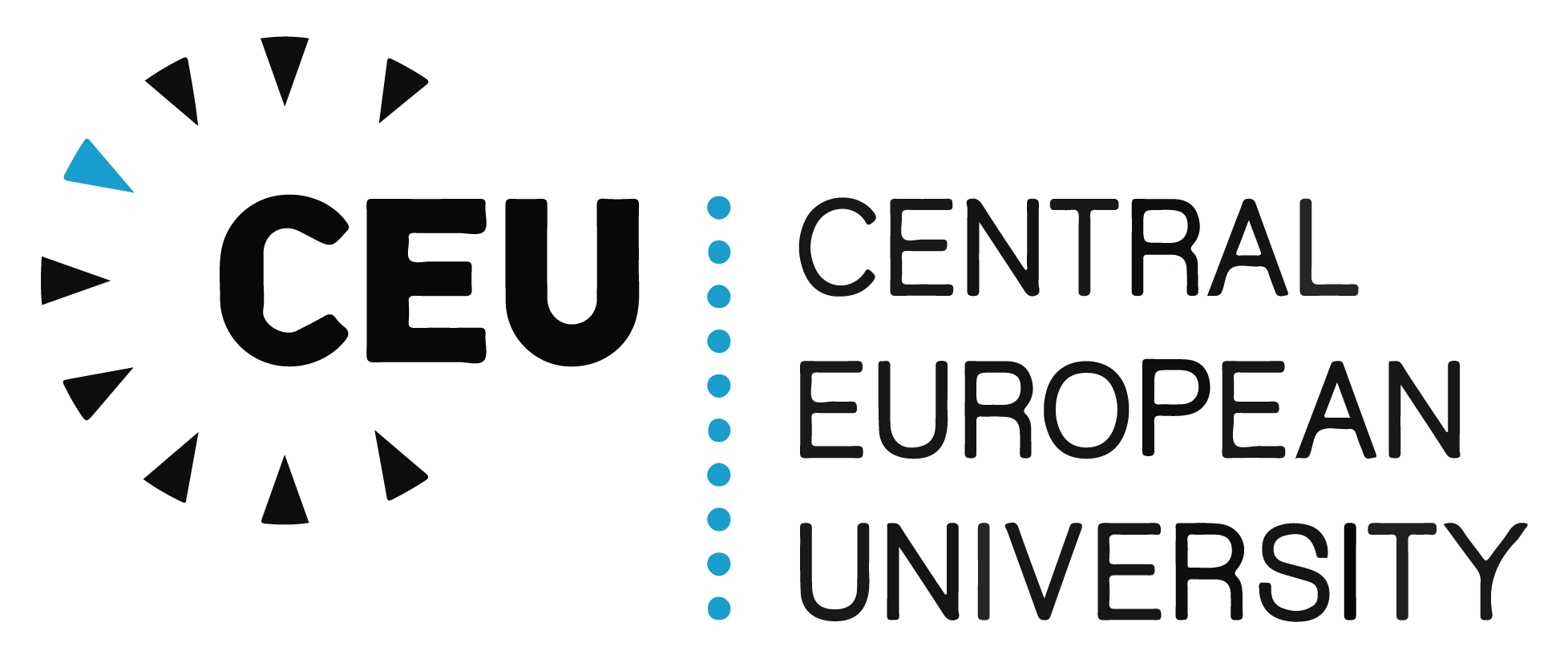 Central European University (CEU) is a graduate-level English-speaking university where faculty and students from more than 100 countries come to engage in interdisciplinary education, pursue advanced scholarship, and address some of society’s most vexing problems. In addition, the University has special educational programs to give equal chances for participation in higher education for groups struggling with challenges, such as the Roma Graduate Program and the Open Learning Initiative for refugees – these two programs prepare their students for postgraduate level education.
Central European University (CEU) is a graduate-level English-speaking university where faculty and students from more than 100 countries come to engage in interdisciplinary education, pursue advanced scholarship, and address some of society’s most vexing problems. In addition, the University has special educational programs to give equal chances for participation in higher education for groups struggling with challenges, such as the Roma Graduate Program and the Open Learning Initiative for refugees – these two programs prepare their students for postgraduate level education.
On behalf of CEU, the specialist creating materials for this project is:
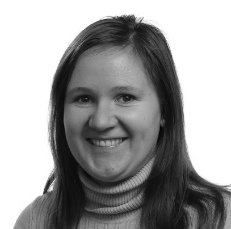
Jekatyerina Dunajeva
University of Hradec Králové
 University of Hradec Králové (UHK) is a public higher education institution of university type founded in 1959 under the name of University of Education. Nowadays, UHK offers high-quality education in multiple fields from social sciences and humanities, education, natural sciences and informatics in three degrees of education. UHK is also experienced in the social inclusion of different minorities as we organise many activities to include our international students from all the continents to the Czech society, e.g., our project Cosmopolitan was carried out in cooperation with a primary school in Hradec Králové.
University of Hradec Králové (UHK) is a public higher education institution of university type founded in 1959 under the name of University of Education. Nowadays, UHK offers high-quality education in multiple fields from social sciences and humanities, education, natural sciences and informatics in three degrees of education. UHK is also experienced in the social inclusion of different minorities as we organise many activities to include our international students from all the continents to the Czech society, e.g., our project Cosmopolitan was carried out in cooperation with a primary school in Hradec Králové.
People involved with this project from UHK are:
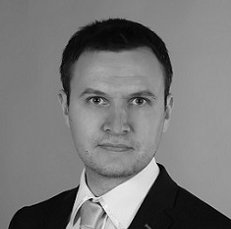
Filip Rigel
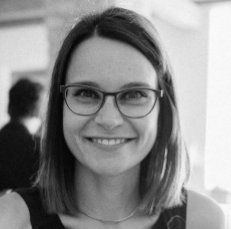
Vanda Vaníčková
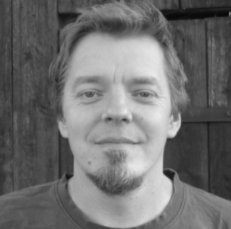
Michal Trousil
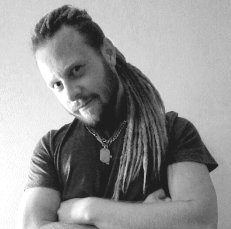
Tadeáš Vala
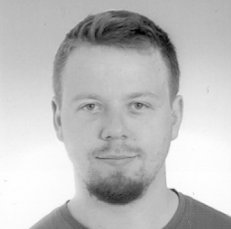
Radek Vorlíček

Nina Fárová



